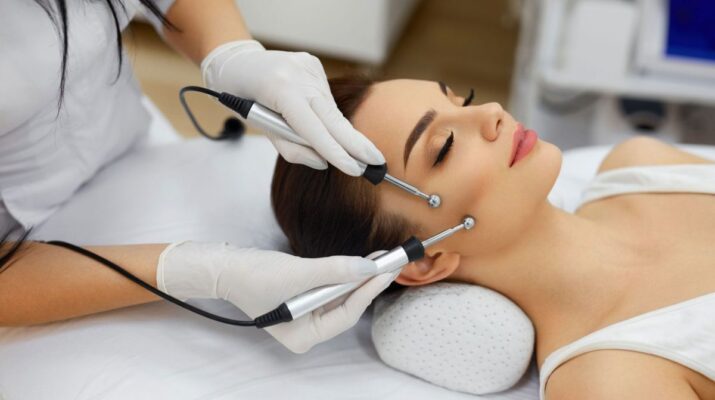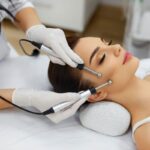THE WHAT: Rite Aid is negotiating a potential bankruptcy plan with creditors amid overwhelming debts and many federal lawsuits. Sources familiar with the matter revealed that the program under discussion includes liquidating its extensive chain of over 2,100 drugstores. The company has reportedly proposed closing approximately 400 to 500 stores as part of the bankruptcy proceedings, with options to sell or permit creditors to assume control of the remaining operations.
THE DETAILS Drowning under a staggering debt of more than $3.3 billion and facing over a thousand federal lawsuits alleging excessive opioid supply, the Philadelphia-based company is seeking a viable path forward. The proposed plan addresses the substantial financial and legal challenges Rite Aid is grappling with. The company, stuck in numerous uneconomical long-term leases, views bankruptcy as an effective strategy to exit these binding agreements.
THE WHY: In light of the serious allegations of unlawful opioid prescription fulfilment, Rite Aid has actively sought the dismissal of the lawsuit filed by the Justice Department. The company staunchly denies all charges, defending its position and expressing intent to resolve its present financial and legal dilemmas. The unfolding bankruptcy discussions signify Rite Aid’s strategic attempt to reassess and restructure its operations for a more sustainable future.
Buy aesthetic products refers to the act of purchasing items that are specifically designed for enhancing or maintaining beauty, often related to skincare, cosmetics, or procedures in the field of aesthetics. These products can include a wide range of items intended to improve the appearance and health of the skin, hair, and body. Here are some examples of aesthetic products that individuals might purchase:
-
Skincare Products: Including cleansers, moisturizers, serums, and treatments targeting specific skin concerns such as acne, aging, hyperpigmentation, and sensitivity.
-
Cosmetics: Makeup products such as foundations, concealers, eyeliners, lipsticks, and eyeshadows designed to enhance facial features and achieve desired looks.
-
Hair Care Products: Shampoos, conditioners, styling products, and treatments to maintain and improve the health and appearance of hair.
-
Dermatological Treatments: Prescription or over-the-counter treatments for medical conditions like acne, eczema, psoriasis, or rosacea.
-
Aesthetic Devices: Equipment used for professional treatments including laser devices, microneedling pens, radiofrequency devices, and IPL (Intense Pulsed Light) machines.
-
Injectable Aesthetics: Products such as dermal fillers and botulinum toxin (Botox) used to enhance facial contours, reduce wrinkles, and achieve smoother skin.
-
Nutritional Supplements: Supplements aimed at promoting skin health, hair growth, and overall well-being, often containing vitamins, minerals, and antioxidants.
-
Home Use Beauty Devices: Devices like facial cleansing brushes, LED light therapy masks, and microcurrent devices designed for at-home skincare treatments.




